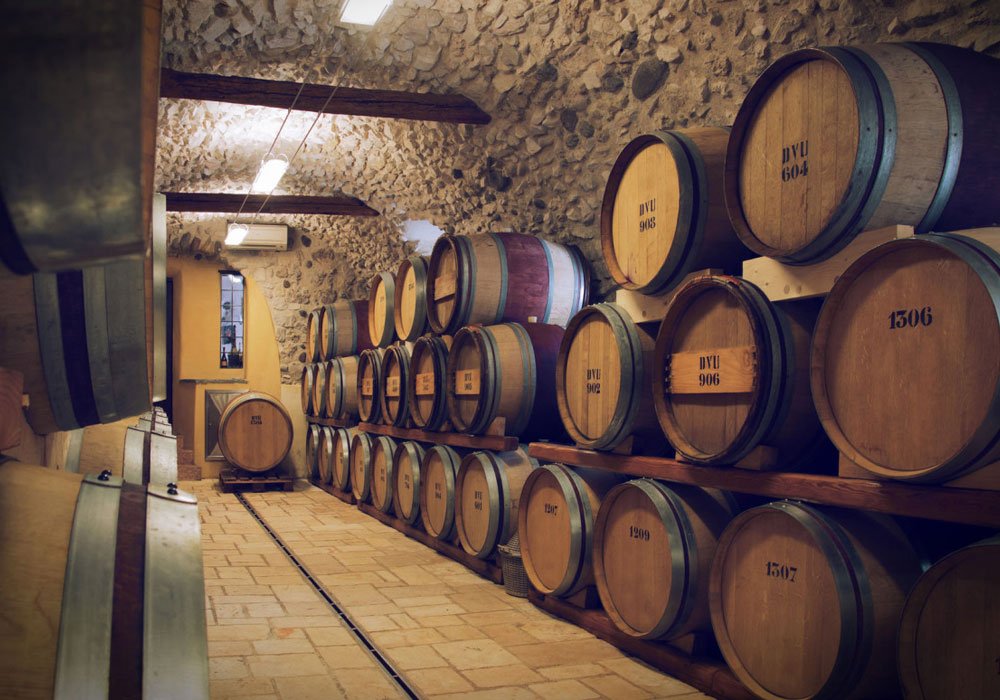The Scope Of Distant Learning In Beer And Brewing

Distant learning is the trending buzzword of education. Due to the ongoing travel restrictions and growing demand for distant education, several institutes and universities have begun to offer brewing courses that are virtual. A student doesn’t have to attend sessions in-person. Entire coursework and workshops are conducted online therefore eliminating the need for a student to travel abroad.
Offering virtual coursework was already popular among many institutes a few years ago. In light of recent events, a lot has changed over the past few months and there has been a major shift in how beer education is offered. The majority of the courses which are offered now are broken down into mini-modules so that students can complete the online section of that course and if they decide to proceed further, they may join on-campus for more advanced courses which require hands-on experience.
Distant education is offered by both universities as well as institutes. Both of these yield quality education and do not differ much in terms of what they have to offer. It all comes down to choosing the right landscape for your education. Institutes and universities are highly reputed and they have been in the brewing industry since the inception. There’s plenty of support offered by the staff, alumni, and other affiliated industry professionals. Before we touch base on some of the essential courses offered by institutes, let’s have a look at some of the pros and cons of virtual learning.
Pros
- It is inexpensive compared to on-campus learning
- It eliminates visas and documentation
- It can be opted from any place and from any institution
- It can be started at any time of year
- For those in employment or other commitments, distant learning fits perfectly into their schedules
Cons
- There won’t be any physical interaction with the faculty members
- Practical learning > Theoretical learning
- In intermediate and advanced level courses, lack of hands-on experience is a major drawback as the main intention of these courses is to go pro
- Learning in isolation could be demotivating
Courses Offered
Heriot-Watt university offers MSc in Brewing and Distilling via distance learning and it is a great program perfectly curated for virtual students. Although the duration is a bit longer when compared to the other courses, its syllabus ensures that every candidate is able to master the skill. There’s plenty of time available and the entire program is paced out evenly without rushing their course modules. As always, at the end of the course, there are several assessments and projects given to the students for testing their skill and knowledge.
Siebel Institute of Technology in Chicago, Illinois, offers a wide range of courses from basic beer styles to advanced brewing techniques. Most importantly, their à la carte approach is very convenient for students to mix and match and build their own learning path. For instance, a candidate can choose either a course on brewing methods, raw ingredients, quality control, packaging process, or brewing technology. However, it is recommended to start at the beginner level and work your way up to an advanced level to avoid taking prerequisites.
University of California, Davis, has a different take where they have curated their coursework at the basic level. This is useful for any beer enthusiast to level up their understanding of basics. Beer style basics, brewing basics, assessing freshness, creating a recipe are some of the beginner level courses listed at UC Davis. Mini-courses like these don’t cost much and can be completed within a couple of weeks.
In conclusion, despite its pros and cons, distance education is here to stay. It is the future. They aren’t any less than on-campus courses. Both of the approaches will help you gain immense knowledge and a valid degree at the end of the program. Choose wisely and happy learning!
Sources:




